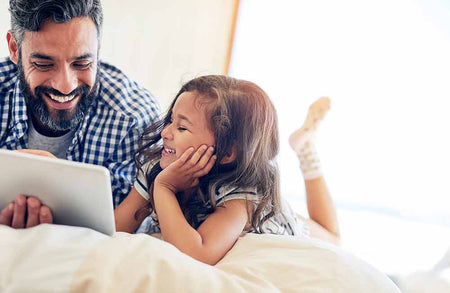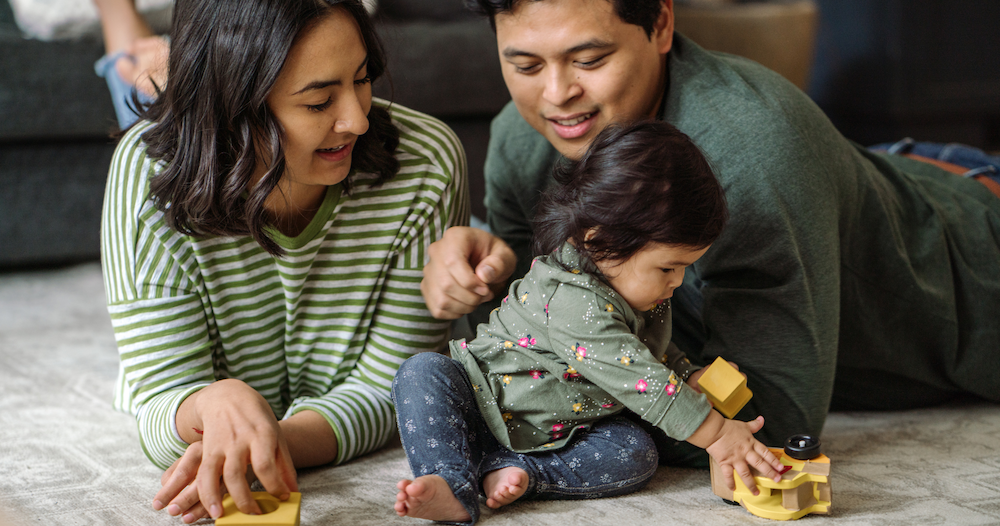Buying suitable baby cosmetics can be an absolute nightmare for new parents. The variety of choices, labels, and types of cosmetics, with the added concern for a newborn’s health, make what should be a seemingly simple choice so much more difficult.
The main issue in finding the right cosmetics for your baby is that your baby’s skin is way more delicate and sensitive than normal adult skin. Baby skin is generally thinner, making our little loved ones prone to rashes, allergies, eczema and dryness and needing an additional protective skin layer.
That’s why today we’ll focus on the four main things to consider before purchasing baby cosmetics. Please note that we may use the terms baby products and cosmetics interchangeably throughout the text.
Recognize The Different Types Of Baby Cosmetics.
As with adult cosmetics, there is a wide range of products for babies too, which might confuse people researching them for the first time.
We can generally separate baby cosmetics into four categories:
- Massage oils
- Wash products
- Skincare
- Oral care
You should only use massage oils for massage and not as a moisturizer for a baby’s skin since it’s often not absorbed well. Sometimes they are used as an alternative method to manage eczema and dry skin.
Products for washing include soaps, shampoos, cleansers and similar. Generally speaking, soaps may dry your baby’s skin, so avoiding them is recommended. Beware that some wash products contain added fragrance which may irritate the skin.
Skincare products aim at protecting and moisturizing the skin. They include lotions, creams, balms, ointments and similar.
Oral care products include toothbrushes, toothpaste and teething gels with appropriate ingredients for infant and children’s dental health that soothe the irritating symptoms of teeth growth.
Choose Baby-Safe Natural Products.
One of the most important considerations before buying baby cosmetics is the type of product you will use for your baby. Investing in products formulated for babies and clinically tested is a must. Otherwise, you might cause discomfort for your toddler and their sensitive skin.
Generally speaking, chemical-free and paraben-free creams and lotions are safe to use. Using cosmetics containing natural and organic ingredients is often associated with no additional risks. However, they always need to be clinically tested and specifically designed for children, as even some natural ingredients might harm a baby’s skin.
Educate Yourself On Toxic Contents And Artificial Fragrances.
Educating yourself about common toxins and whether such ingredients are part of the baby product’s content is essential. Always read the labels and check any ingredients that do not sound familiar to you or make you doubt if the product is suitable for your baby.
Here are some toxins commonly found in baby products:
- Synthetic fragrances: Found in many scented and unscented baby products. They might contain phthalates, allergens and synthetic musk.
- Formaldehyde: Often found in baby shampoos and body-washing products. It causes skin irritation, burning sensations, allergic reactions and watery eyes.
- Oxybenzone: Found in skin care products and sunscreens. They are known to cause allergies, skin cell damage and hormone disruption.
- Parabens/preservatives: Commonly found in cosmetics and personal care products. Very harmful to both adults and young children.
Always Consult Your Paediatrician And Pay Attention To Your Baby’s Reactions.
Last but not least, always talk with your paediatrician before applying any new products to your baby. While this might seem like an overreaction, it is the safest way to know what is behind a product and how your baby will react.
There are two main reasons why you should always consult your paediatrician. First, if you put your trust in product-selling companies, you might fall into a marketing trap. The second reason is that your doctor knows your baby best and can advise you on specific products depending on the skin type, sensitivity levels and reactions.
Remember to observe your baby’s reaction after using a new product, even if you consult a professional. Pay attention to developing allergies and rashes to prevent potentially dangerous situations and the need for immediate help.
Best practices show it’s a good idea to begin applying new cosmetic products on small skin areas in the initial stages. This way, you can observe any adverse effect the product might have on your child and stop using it in time.






